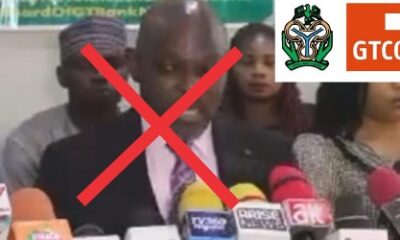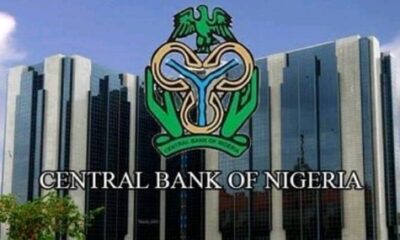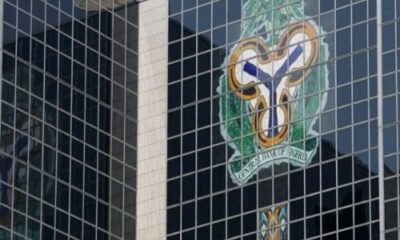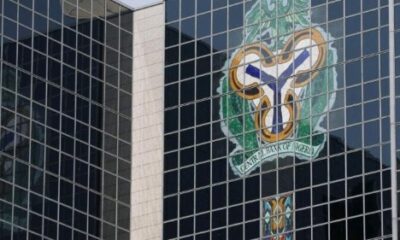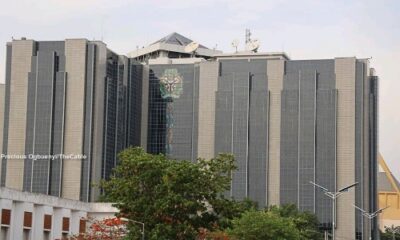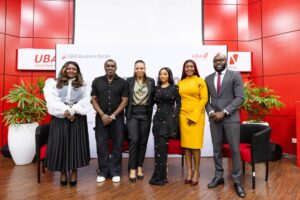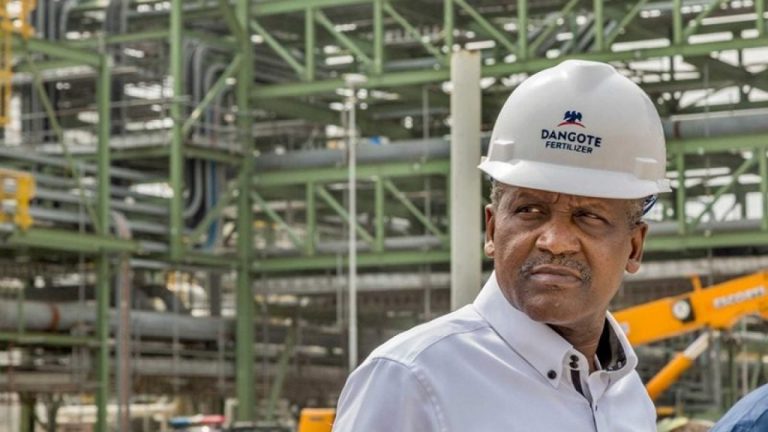Samuel O. Oladimeji is the Managing Director/Chief Executive Officer of Fortis Mobile Money, one of the companies that set the ball rolling in the mobile money industry.
In this interview with PorscheClassy Media, Oladimeji highlights the importance of mobile money, he also explained how the mobile money industry holds the potentials to deepen financial inclusion in Nigeria.
Excerpts below:
What informed Fortis Microfinance venturing into mobile money operations?
Fortis has been in existence for about six years now although we were licensed since 2010 by the CBN. We are one of the foremost firms that were licensed to operate in the aspect of mobile money. Ever since, we have been on the field to improve on the financial inclusion of the policy of the CBN; to bring in more people who are outside the circle. Presently, by statistics, between 2010 and 2011, we have about 70 percent people who are unbanked which is a huge number. Even among the 30 percent that are banked, CBN says only 10 percent own the money in the system which means that there are lots of people who are not in the financial circle.
So our aim is to ensure that we bring these people into the fold because the more we have people in that fold the more the economy will grow. The economy does not have to depend on 30 percent of people doing trade. From our findings, the money is actually with those people that are not in the circle because they keep it under their pillows, dig the ground to bury it, put it in their farms etc. If we can bring those in, there will be enough liquidity to run the economy.
One of the statistics I saw last year showed that the money with the unbanked can fund Nigerian projects for seven years. This means that if we can just get those monies, Nigerian projects can be funded and this will make it unnecessary to depend on oil. So we need to expand this net to bring in more people.
As at the last count, we have over 200,000 clients on our platform; we have over 6,000 agents who are transacting on our platform. Last year we reached our peak which was four billion in a month.
What is the mobile money concept in a nutshell?
Mobile money concept is all about giving alternatives to people that cannot get to the bank. The CBN came up with it because it was observed that the banks have so much rules before one can become a customer. They came up with a three tier where you have the completely unbanked, semi banked and the fully banked. For the unbanked, you don’t need any identity card; all the customer needs is just to fill the form or dial the short code to become a registered subscriber. Within that brand you can do some certain transactions.
So mobile money came to relieve people of the pressure of going to the bank; also, the fact that the bank doesn’t have enough facilities to cater for all the people. As you know some banks are not in some local governments but with mobile money agents in the LGs, you can transact and do financial services. So mobile money is not an alternative but a way to compliment the banks. We can say the money is mobile because it can move to where you are. So mobile money is just a way to compliment the financial sectors’ inadequacy to meet the financial needs of the populace. How it runs is that when you are a customer, you have a wallet; your phone number becomes your account which is your wallet therefore you don’t need to open another account. You can still use that same phone number to do whatever you want to do, like the purchase of recharge cards and your phone calls are not affected, it just serves as an account for you.
So instantly, when you register with us, we create an account for you. If you are coming without any KYC which means you are not bringing an identity card and house address, then one can do a transaction from 0 – N30,000 which is the stipulation from CBN. Anything above N30,000, you have to show some means of identification because the volume is growing. It then means that we need to improve on the risk aspect of the institution, so the customer needs to identify the customer.
Also, the fact that NCC (Nigerian Communications Commission) has ensured that everyone is registered, it has also given us some sense of safety because you must capture some vital information about yourself before you can even have a SIM card now. As it stands now, we are encouraging people to come to the financial net every day. The role of CBN on this is making it easier. It has been challenging because some people don’t even believe that this is possible but with our experience we have seen that it is possible.
Do you accept deposit and give out loans as part of your activities?
By our regulation which is the policy from CBN, we are not allowed to embark on those activities because we are not a money deposit bank, meaning we cannot take deposits but what we can do is that you can fund your wallet through us. We are like an intermediary for you to ensure that you have the financial service you desire. For instance, if you have N20,000 raw cash and you want to be able to transact or pay your bills, buy your airtime, transfer to families and friends, you have the platform to go ahead and do all that. You can pay to any of our pool accounts and instantly you get funded on your wallet. So, with that electronic value in your wallet, you can do whatever you want to do.
How many agents do you have so far?
So far, we have about 6,700 across the country.
Are you in all states and local governments?
Presently, we are in 22 states but we are getting ready to expand to 10 more states within the next six months. We are rolling out new products that will appeal to the people in the states. Based on our last count, we are strong in the North Central, we are strong in parts of the South West, also in some parts of South East but the North Central is like our base and we have agents in all these areas such as Nasarawa, Niger, Benue, Kogi, Kwara, Kano, Gombe and some parts of the North East such as Jigawa, Adamawa and Borno. We also have in Lagos, Oyo, Anambra, Imo, Abia, Rivers, Cross River and some parts of Bayelsa. In all these states, we have agents and they are all doing well.
Can you give us an estimate of the size of the mobile market now in Nigeria?
The mobile market in Nigeria now is picking up. But if you are talking about the mobile money shares of the market, that is different. So generally, among the banked we have in Nigeria, we are looking at the range of 22 to 30 million people in this mobile space. You can link that to the number of accounts available which are the banks and mobile wallets available. Like, we have between 0 to about 350,000 wallets for Fortis alone. Globally, I cannot say that we have up to five million wallets even though we have over 50 million phone lines active in Nigeria, but less than 10 percent wallets globally are active which means that there is a long way to go. Yet this is a real convenience for people because it provides the opportunity where people do not need to go to the banks to do their transactions.
You have told us the minimum, what is the maximum?
From CBN KYC, the maximum is one million. Most Mobile Money Operators (MMO), because of risk are not doing up to that one million because they understood the type of people we are reaching out to. So if you are doing one million, there is the fear that something could go wrong but CBN gave that rule so that you could do from zero to 30,000 then from 30,001 to 100,000 then from 100, 001 to one million which spells out the three tiers as stipulated by CBN.
Kenya is doing a lot with mobile money, do you think Nigeria is doing what Kenya is doing?
I will say yes, partly. I was in Kenya March this year to attend the 10th anniversary of the Safari conference. Kenya has gone all the way that even in IDP camps they disburse funds. We are still struggling in that area. Yes, we are on the right path with good legislation, good policy, good incentive from government but Kenya saw mobile money as one of the ways out of their financial issues.
What have you identified so far as the challenges in the industry?
The major challenge is adoption. Like I have just told you about the difference of the number of lines available and the number of wallets available, it all has to do with adoption. People need to believe that this thing is actually real and convenient. When people make that adoption, the market will grow. With the banks entering into our space, I will not say that we are threatened but I will say that it is a real challenge because almost all banks now have mobile money markets so most times instead of people coming to you, they can go to a GTB or any other commercial bank and this tells you that we are really under threat in this space. So we need more incentives that can protect us.
How attractive is it for an agent of your agency?
From the industry analysis we have done, right now I think we are one of the best mobile money operators an agent can come up with. What I am saying is this, for every transaction done, there is an income your earn and our income is better than others as it stands now. If you are an agent with Fortis Mobile Money you earn a lot and there are other things we do, like being able to fund you offline. If you are in a place where there are scarce banks and we see your traction that you have done a lot of transactions, we will fund you while waiting for when you will remit the money

 BIG STORY3 days ago
BIG STORY3 days ago
 BIG STORY1 day ago
BIG STORY1 day ago
 BIG STORY4 days ago
BIG STORY4 days ago
 BIG STORY1 day ago
BIG STORY1 day ago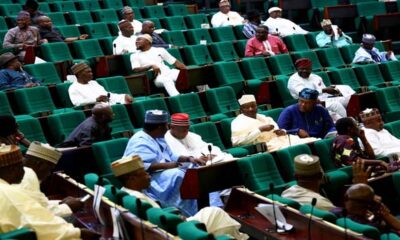
 BIG STORY5 days ago
BIG STORY5 days ago
 BIG STORY3 days ago
BIG STORY3 days ago
 BIG STORY1 day ago
BIG STORY1 day ago
 BIG STORY3 days ago
BIG STORY3 days ago






